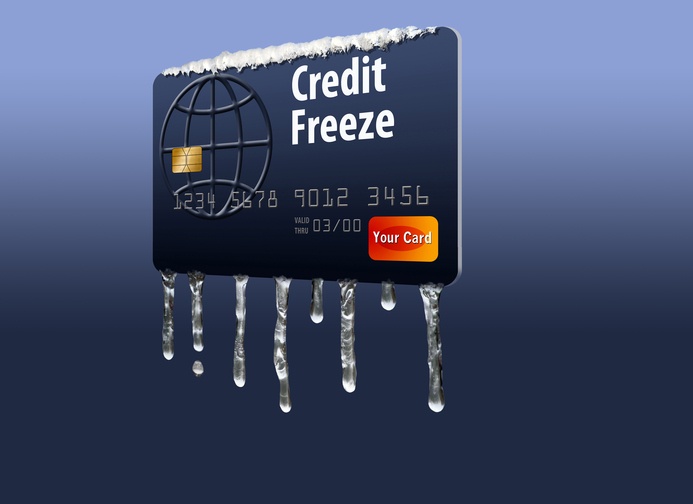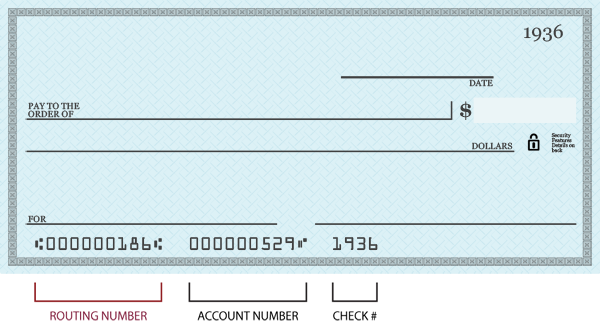With all of the news surrounding the recent Equifax breach, you might be wondering if you should freeze your credit. Freezing your credit limits who can see your credit report information, and helps prevent anyone from opening new accounts without your permission.
As with most financial decisions, freezing your credit has pros and cons. For example, putting a hold on your account does not damage or stop your credit, but it can make it difficult if you are shopping for a home or auto loan. This is one of the many things to consider before making the decision to put a freeze on your credit.
Why Should I Freeze My Credit?
Here are three reasons a credit freeze might be best for you:
- You are concerned about identity theft. If you’re wallet has been lost or stolen, or a service that you use often has been hacked, a security freeze is a great way to add an extra layer of credit protection. Following the Equifax breach in early September, nearly half of all Americans had their information stolen, including Social Security numbers, names, addresses and dates of birth. This breach is an example of an incident that may cause you to consider freezing your credit accounts.
- You want better control of your credit. Without a security freeze, your credit scores and reports can be obtained by several types of organizations. While these companies or individuals must have a legitimate business need to access your credit, it is available for their viewing online. By applying a freeze on your credit, corporations including landlords, employers, and insurance companies, must have your permission before doing so. This can help you monitor when your credit is checked.
- You won’t be applying for credit in the near future. Life happens. Whether you are planning an international vacation or working to improve your current financial situation, you may be looking to put a temporary hold on any credit applications. While you focus your efforts on other items, freezing your credit can be a great strategy to increase the overall protection of your accounts.
Why Shouldn’t I Freeze My Credit?
There are two main reasons why monitoring your credit might be a better option than freezing it:
- It may complicate your finances. Having a security freeze on your reports means credit reporting companies need your permission before releasing your credit information. This may cause an extended process when applying for new credit cards, housing and utilities. Consider your timeframe and what financial changes may be down the road before freezing your credit.
- It may not prevent identity theft. If putting a freeze on your account is a result of a data breach, it’s important to understand that while security freezes can stop new accounts from being created, it may not necessarily prevent hackers from taking control of your current accounts if data has already been compromised.
How Do I Freeze My Credit?
If you’ve decided that a security freeze is your best course of action, you first need to reach out to each credit bureau individually to put in a request (Equifax, Experian, and TransUnion). In many cases, unless you are a victim of identity theft, there may be a small fee associated with freezing your credit. All fees vary per state. For New Jersey residents, there are no fees associated with freezing accounts, but there is a small fee in place to lift it.
You may permanently or temporarily lift a credit freeze by using your unique personal identification number (PIN) which will be created during the initial freeze process with each credit bureau. Lifts to a credit freeze may be done when applying for a new credit card, personal loan, mortgage or line of credit. Once the application is approved, you can reinstate the freeze if necessary.
We’re here to help! Lakeland Bank offers information on cyber security and personal banking on our Simply Speaking blog and website. Our Customer Service Team can be reached at 866-224-1379.




